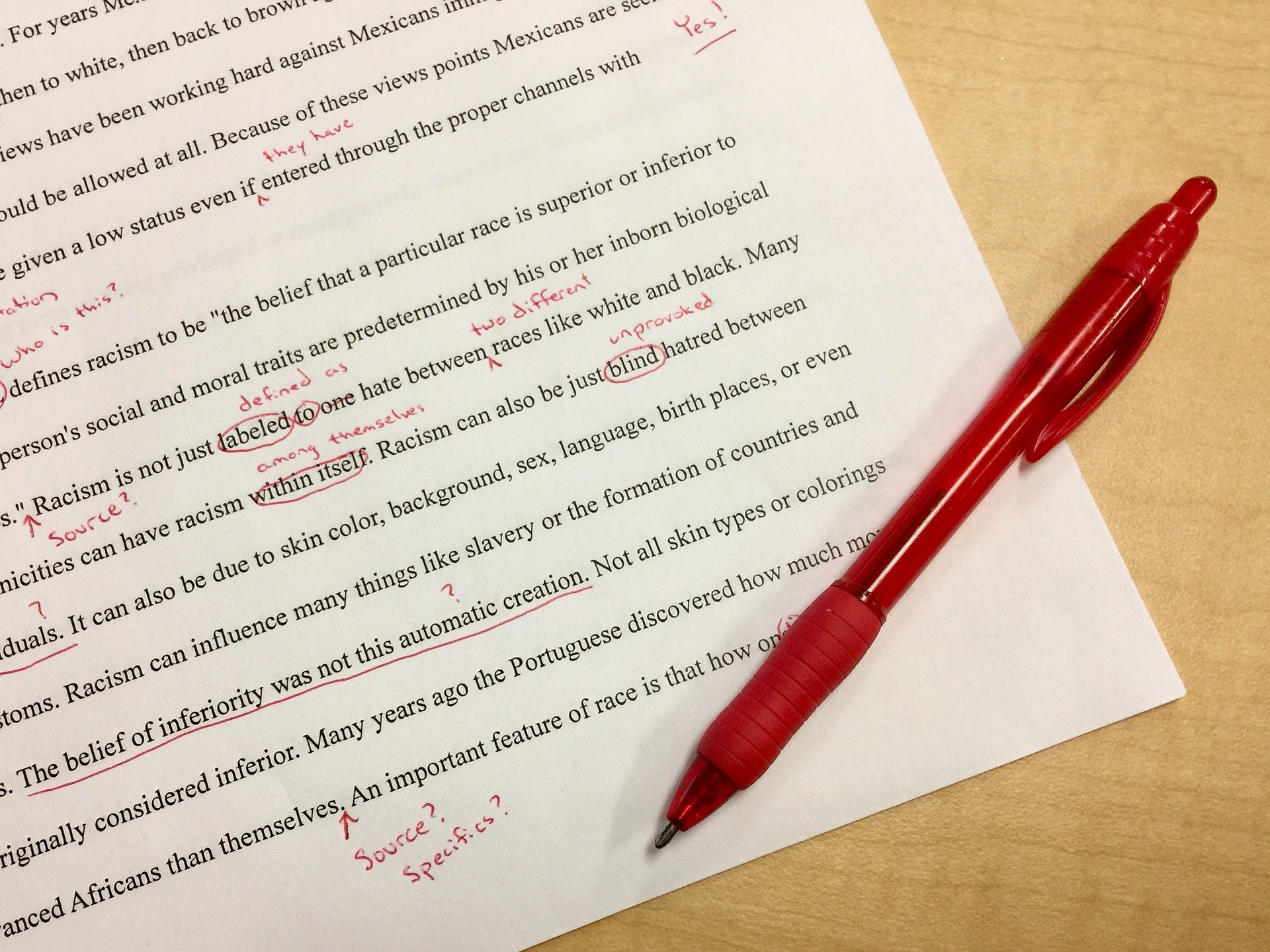ERQ marking: Effect of technology
 Below you will find a sample ERQ for the question: To what extent does technology have a negative and/or positive effect on cognitive processes?
Below you will find a sample ERQ for the question: To what extent does technology have a negative and/or positive effect on cognitive processes?
When marking the sample, refer to the rubric to award marks. After the sample, there is a predicted grade as well as feedback on the strengths and limitations of the response.
Sample response
Today’s teens are “digital natives.” They live in a world of technology. When I get up in the morning, it is my phone that wakes me up. I spend a good part of my day looking at a screen – either on my phone or on my laptop. Social media like Snapchat is part of how teens interact with others. One of the questions psychologists have is to what extent does technology have a negative effect on cognitive processes? The answer is that it is complicated. Storm and Mueller and Oppenheimer have shown that technology may have a negative effect on memory. Meanwhile, Uttah has shown that there may be some positive effects of technology.
Mueller and Oppenheimer did a study to see if technology has a negative effect on our ability to recall information. Participants were either given a laptop or a pen and paper and were told to take notes during a series of lectures. The lectures were pre-recorded to make sure that everyone heard the same lecture. They were told that they would be tested on the content of the lectures, but they could not take their notes home with them. On the day of the test, one group was told that they had 10 minutes to study from their notes – while the other group did not get the chance to do that. Interestingly, there was no difference in the no study group. But in the group that could study, those that took notes by hand were able to answer significantly more questions than the laptop group. This may mean that it is not the way in which notes are taken as much as how they are read that may have an effect on memory and recall.
Storm carried out a study with university students who were randomly allocated to three conditions. First there was the “Internet condition” where they were told to use Google to find answers to a series of difficult questions. The “memory condition” was asked to just use their own knowledge and the “control condition” was not asked any questions. Later, they were asked a series of easy question. All were given access to Google but were not told to use it. Storm found that 86% of those who had used it before, used it to answer the easy questions, while only 60% of the other two groups did the same.
Both of these studies indicate that there may be some negative effects to using laptops. However, there are some limitations of the studies. Although the situation is realistic for students, the content was disconnected from their learning. This is not realistic and may be why there was the difference. Also, Storms study assumes that looking things up actually means that they were unable to answer the question without consulting the computer, but maybe it was just habitual behaviour. But both studies are easily replicable, so if researchers replicate the studies we can find out if the results are reliable.
Uttal did not study memory, but argued that technology may help to improve a student’s spatial reasoning skills. Uttal carried out a meta-analysis of over 200 studies looking at how playing video games may increase spatial skills which could be beneficial to math and science. Although this is good news, the sample was predominantly male, so the results cannot be easily generalized to women. In addition, it is not clear how the studies were chosen; there could be both publisher bias and researcher bias.
The problem with research on digital natives is that there is a lot of bias in the research. It is assumed that we need to memorize things like in the past, but this is no longer true. So, it is difficult to say whether the effects are “negative” or “positive.” Also, it is important that research be done under natural conditions. The problem is that when computer use is self-reported, people often lie so that they people don’t think that they are addicted to computers. More research will be needed to determine if the effects are overall good or bad.
680 words
Focus: The introduction states the question and the argument is outlined. The response is focused on the demands of the question. 2 marks
Knowledge and understanding: Generally demonstrates good knowledge and understanding related to the question; vocabulary is not always directly linked to the argument - e.g. publication or researcher bias. 4 marks.
Use of research: The first study is well explained and linked to the question. The other two studies lack clear details with regard to the procedure and findings to help guide the reader. 4 marks.
Critical thinking: There is some evidence of good critical thinking - for example, in the final paragraph discussing “positive” vs. “negative” effects of technology. Some critical thinking lacks development. 4 marks.
Clarity and organization: The essay is clearly written and well organized. 2 marks.
Total marks: 16
IB predicted grade: 6

 IB Docs (2) Team
IB Docs (2) Team
